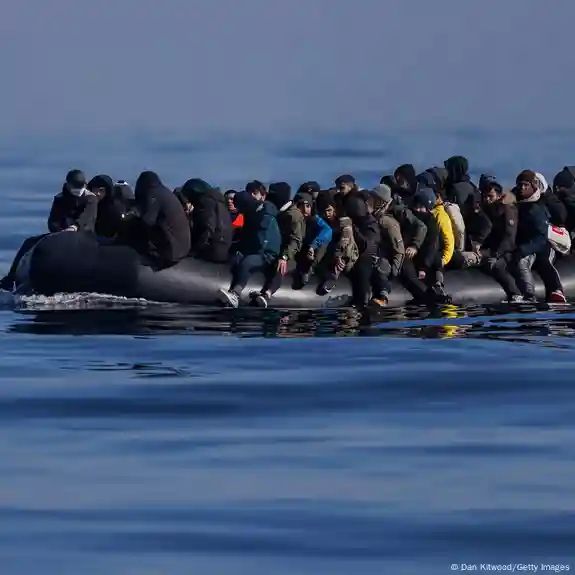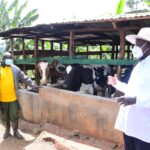By Nakiwala Barbra
Germany and the UK have launched a joint initiative to crack down on human trafficking, particularly targeting the smuggling of migrants across the English Channel in small boats.
On Monday, Germany’s Interior Minister Nancy Faeser and UK Home Secretary Yvette Cooper signed an agreement aimed at dismantling criminal syndicates orchestrating these perilous crossings. The move follows a BBC investigation that linked the German city of Essen to trafficking operations involving rubber dinghies.
As part of the deal, Germany pledged to amend its laws to explicitly criminalize facilitating smuggling to the UK, giving prosecutors greater tools to tackle these networks. Cooper highlighted the dangers posed by such operations, stating, “Organized criminal gangs exploit vulnerable people, undermine border security, and put thousands of lives at risk.” The agreement also emphasizes enhanced intelligence-sharing and investigative collaboration between the two countries to disrupt smugglers’ financial and logistical networks.
This intensified focus comes amid alarming figures: as of December 2024, over 33,600 people had crossed the Channel in small boats, with at least 70 migrants reported dead this year. British Prime Minister Keir Starmer has made combating irregular migration a priority, striking similar anti-smuggling agreements with other European nations, including Italy. Germany has also ramped up its efforts, recently conducting raids in coordination with Europol and French authorities on suspected smuggling syndicates in North-Rhine-Westphalia and Baden-Württemberg.

These joint actions reflect a growing recognition of the transnational nature of people smuggling. By targeting financial flows, equipment suppliers, and trafficking routes, the UK and Germany aim to dismantle the networks behind these dangerous crossings, saving lives and strengthening border security across Europe.








